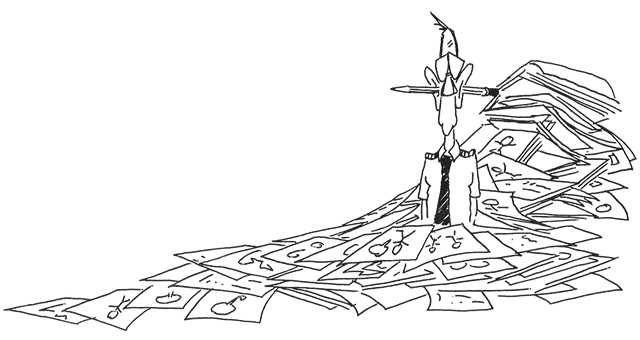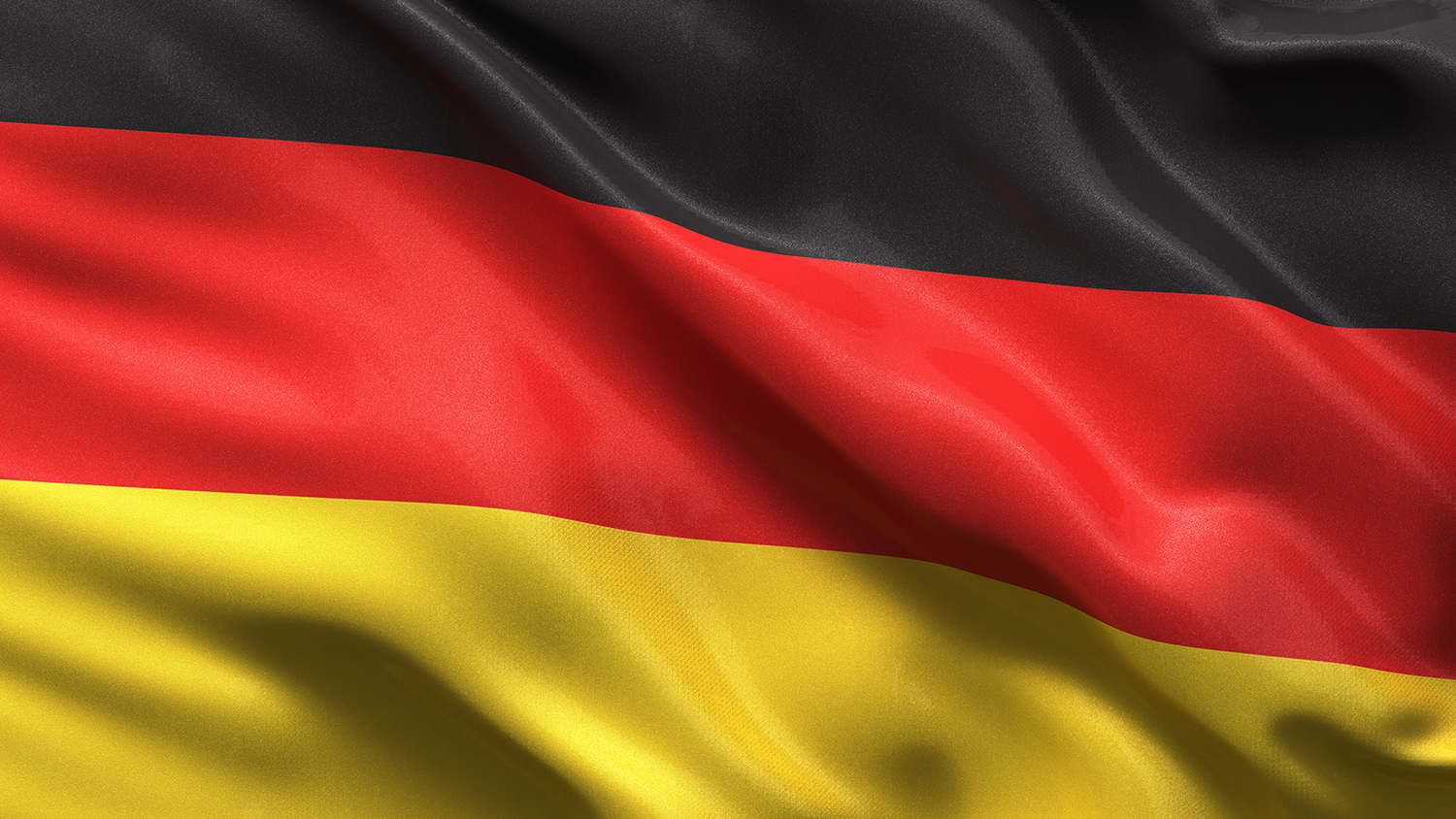If you've ever taken a language class with the aim of learning to speak a language foreign to you, as well as to understand the language as spoken to you, you will no doubt have learned it is easier said than done. Even two languages that have the same root source, such as German and English, can confound us. What about the written word? Perhaps that is easier.
— James Albright

Updated:
2023-05-01
I lived in Germany for a year and have traveled through many times. After a while, you learn to see a few similarities in words and can figure out some with a few hints. I had a few of these figured out over the years, but certainly not enough to get by. YouTuber RobWords seems to have done a better job. It seems that if you do some substitutions of letters or combination of letters, you might be able to figure some of this out.
1 — Swap the German "D" with English "TH"
2 — Swap the German "TT" with English "TH"
3 — Swap the German "T" with English "D"
4 — Swap the German "S" or "SS" or "ß" with English "T"
5 — Swap the German "Z" with English "T"
6 — Swap the German "F" or "FF" or "PF" with English "P"
7 — Swap the German "CH" with English "K"
8 — Swap the German "K" with English "C"
9 — Swap the German "G" with English "Y" or "W"
10 — Swap the German "B" with English "V"
11 —Swap the German "CHT" with English "GHT"
The reason so many of these simple swaps work is that the English we speak today really came from German. Bill Bryson wrote a fascinating book on the subject called Mother Tongue, which I highly recommend if you are interested in, as Bryson puts it, "English and how it got that way." English is a part of the Germanic family of language which split into three parts: North Germanic, West Germanic, and East Germanic. West Germanic includes English, German, and Dutch.
These simple tricks will unlock, perhaps, a tiny percentage of words, but that is better than nothing! For more German words useful to aviators, see Babel Fish.

1
Swap the German "D" with English "TH"
Germans use the "duh" sound for some words where English speakers ended up with the "thuh" sound. So we can make sense of some German words by substituting "th" for "d" such as:
- "Drei" means "three"
- "Donner" means "thunder"
- "Ding" means "thing"
- "Du" means "you" (from the old English "thou")
Like English, some words change with cases in German. Unlike English, some German words change with gender. Take the English word "the," for example. It gets rather complicated as there are 16 ways to say "the" in German. But here are the basic three:
- "Der" means "the" for masculine nouns
- "Die" means "the" for feminine nouns
- "Das" means "the" for "neuter" nouns
2
Swap the German "TT" with English "TH"
You can quite often swap in the English "th" for the German "tt," particularly in the middle of words. For example:
- "Mutter" means "mother"
- "Wert" means "worth"
3
Swap the German "T" with English "D"
You can quite often swap in the English "t" for the German "d." For example:
- "Traum" means "dream"
- "Tochter" means "daughter"
- "Unter" means "under"
- "Leiter" means "leader" and also means "ladder"
4
Swap the German "S" or "SS" or "ß" with English "T"
The letter "s" or letters "ss" can often be replaced by "t." The "ß" is an additional G is a German ligature, which means additional character. It is called "eszett" or "scharfes s" which quite literally means "sharp s." It sounds exactly like an English s. Examples of the swaps:
- "Wasser" (pronounced "vahser") becomes "water"
- "Was:" (pronounced "vahs") becomes "what"
- "Das" and "Dass" means "that" (recall that "d" becomes "t" as well)
- "Fuß" means "foot"
5
Swap the German "Z" with English "T"
You can quite often swap in the English "t" for the German "z." For example:
- "Zu" means "to"
- "Zwei" means "two"
- "Zunge" means "tongue"
6
Swap the German "F" or "FF" or "PF" with English "P"
Words in German that have the "Fuh" sound can often be translated into English words with the "Puh" sound. Those German words are often spelled with "F," "FF," or "PF." For example:
- "Pfeffer" means "pepper"
- "Pfeife" means "pipe"
- "Auf" means "up"
- "Hoffe" means "hope"
- "Schiff" means "ship"
- "Apfel" means "apple"
7
Swap the German "CH" with English "K"
You can quite often swap in the English "k" for the German "ch" which is pronounced with hard sounding "kay" into the softer "chuh." For example:
- "Kuchen" (pronounced "kooken") means "cake"
- "Machen" (pronounced "mahken") means "make" and also means "do"
- "Suchen" (pronounced "zooken") means "seek"
- "Buch" (pronounced "book") means "book"
8
Swap the German "K" with English "C"
German words that begin with "k" often can be substituted with "c." For example:
- "Kuh" means "cow"
- "Kreuz" means "cross"
- "Kultur" means "culture"
9
Swap the German "G" with English "Y" or "W"
You can quite often swap in the English "y" or "w" for the German "g." For example:
- "Tag" means "day"
- "Weg" means "way"
- "Sagen" means "say"
- "Bogen" means "bow"
10
Swap the German "B" with English "V"
You can quite often swap in the English "v" for the German "b." For example:
- "Leben" means "live"
- "Leber" means "liver"
- "Geben" means "give"
11
Swap the German "CHT" with English "GHT"
You can quite often swap the letters "ght" in English for the German "cht." For example:
- "licht" (in color) and "leicht" (as in weight) mean "light"
- "nacht" means "night"
- "acht" means "eight"
There a quite a few exceptions, however. "Nicht," for example, means "not" and not night.
